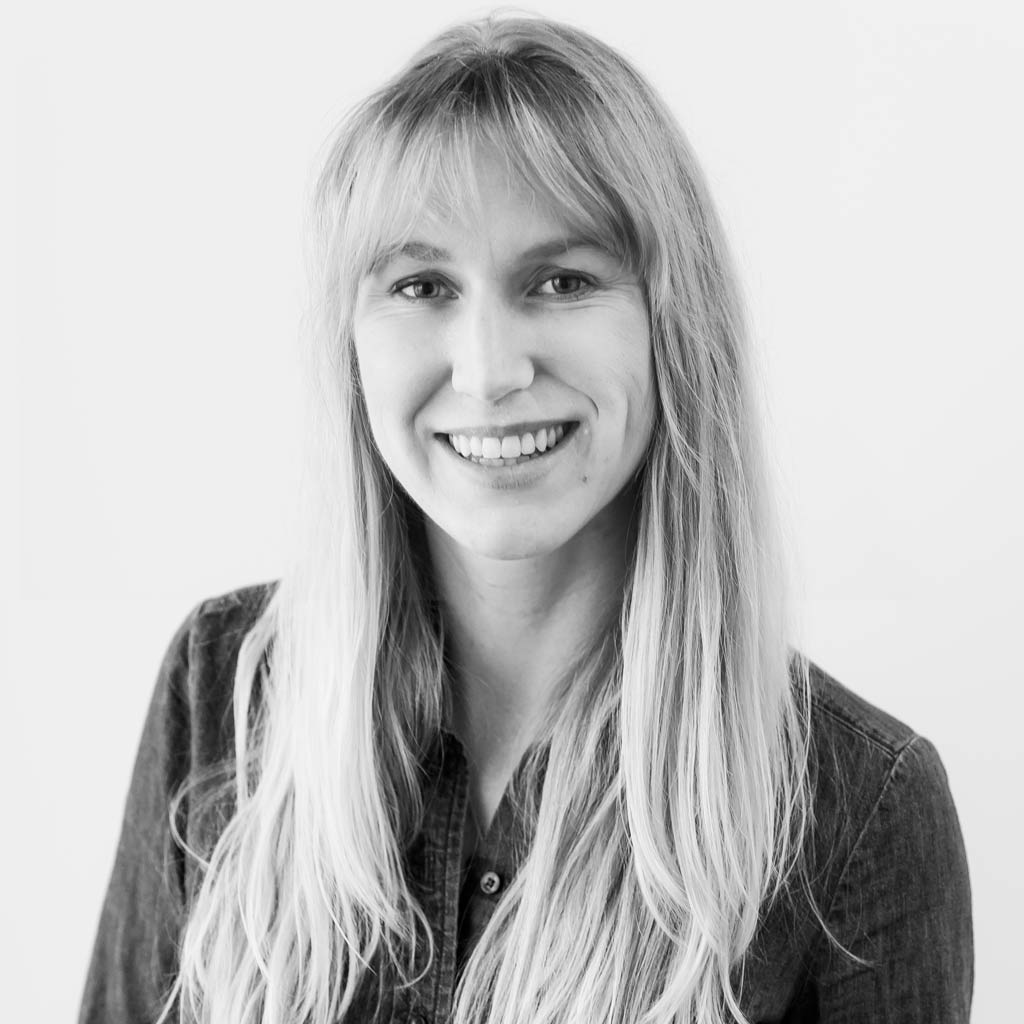[ad_1]
Dallas-dependent MakersValley, a trend tech organization that connects independent vogue makes with Italian artisans, has launched its second venture. Identified as Orma, the new app presents individuals extra facts about the way retail clothing things are manufactured. “What Orma is at its core is a fashion transparency and sustainability app,” states Tiffany Chimal, co-founder and COO of equally MakersValley and Orma.
The application generates a QR code that shoppers can scan to check out a profile of the manufacturing facility where by the product was manufactured, such as its place, resources made use of, and videos of its journey from conception to store. “A great deal of vendors are attempting to reinvent themselves and trying to make the searching practical experience a tiny little bit distinctive, and this will stand out,” Chimal states. The platform also features movies, assisting shops lengthen their advertising and marketing attain.


Chimal met co-founder and CEO Alessio Iadicicco although interning in Italy, Iadicicco’s household region. Just after graduating, Chimal began her personal vogue line on Shopify, employing connections Iadicicco’s spouse and children experienced to suppliers in Italy, so she could sell custom made-designed Italian fits to boutiques in Dallas and Brooklyn.
She quickly realized that potential buyers had been far more fascinated in her connections to suppliers than her fits. “What [the boutique owners] instructed me was that they like the satisfies, but they would definitely be a lot more interested in owning an true relationship with the supplier,” Chimal remembers.
She also discovered herself competing with suppliers who shipped Italian fabric to New York, sewed their clothes there, then positioned a “Made in Italy” tag on the remaining product—which meant they could market their merchandise considerably a lot more cheaply than she could. “As very long as one particular part of the approach is accomplished in Italy, technically, by law, they can place that ‘Made Italy’ label on it,” Chimal says.
While her suit-generating desires were being dying, she fulfilled a boutique proprietor looking for a denim provider in Italy. “We experienced a factory that we knew,” she says, “and so essentially, [MakersValley] was born from that.”
Iadicicco had shared memories of looking at factory owners bid on remaining equipped to complete for generation if runway pieces—whoever could offer the most volume in the shortest time time period would gain. “I imagined, ‘Why never we just bring this online, simply because we previously have men and women that are looking for suppliers, and we can make that portion of our platform,’ which is what we did,” Chimal states. The two joined forces with a further good friend, Babajide Okusanya, to make a system that would match style designers with suppliers in Italy—connecting budding manufacturers straight with artisans, instead than communicating by way of wholesalers and distributors.
“Factories and artisans are offering [a garment] to distributors, distributors are selling it to wholesalers, and wholesalers then to the retailer. So you see the retailer marking up the products 200 or 300 p.c, and really, very tiny dollars goes to the artisans,” claims Chimal. By narrowing conversation, Italian artisans get more of the remaining cost. “They get additional of the pie.”
“Forty percent of the superior-conclude, luxury sector in the total world is manufactured in Italy,” Iadicicco adds. “So, the total idea for us was, considering the fact that now we have uncovered that there is this have to have of exclusivity, substantial-high quality, and built in Italy, let’s really link all these D2C [direct to consumer] models with MakersValley.”
The duo launched MakersValley in 2016 in New York and moved it to Dallas shortly following. The application has considering that arrived at 12,000 end users and 140 Italian factories. Before this 12 months, it became part of accelerator Capital Manufacturing unit, hoping to additional scale. “We have been bootstrapped until now,” Iadicicco suggests. “The firm is lucrative, but as an entrepreneur, you get constantly to that issue of, ‘OK, we can preserve heading like that and turn out to be a $10 million organization in 6 or 7 years, or we can know just in which to leverage all the expansion pattern by placing extra money in it and turn out to be a $100 million organization.’”
A characteristic in MakersValley that permitted artisans to send production photos and videos to makes turned the basis for Orma, which suggests “footprint” in Italian. “Our customers ended up downloading that content and putting it on their web site,” Chimal describes. “They were also teasing the start of their makes on Fb webpages and social media. That was when the lightbulb went off, and we considered ‘Why really don’t we spin this off and make a entire app that is independent that retailers and brands can use?’”
Orma is currently in beta manner. Chimal and Iadicicco hope it will garner awareness in approaching tradeshows in Las Vegas and New York. They’re also aiming to access massive box vendors and luxury makes with the platform as consumers’ demand from customers for transparency and sustainability continues to shape the retail sector.
“We’re hunting for a retail husband or wife, to use the app and experiment with it and see how we can definitely fulfill the wants of merchants with it, “Iadicicco claims. “That’s the purpose: just carry on to enhance and get much more people.”
Writer

Kelsey Vanderschoot
Perspective Profile
Kelsey J. Vanderschoot came to Dallas by way of Napa, Los Angeles, and Madrid, Spain. A former trainer, she joined…
[ad_2]
Resource hyperlink
